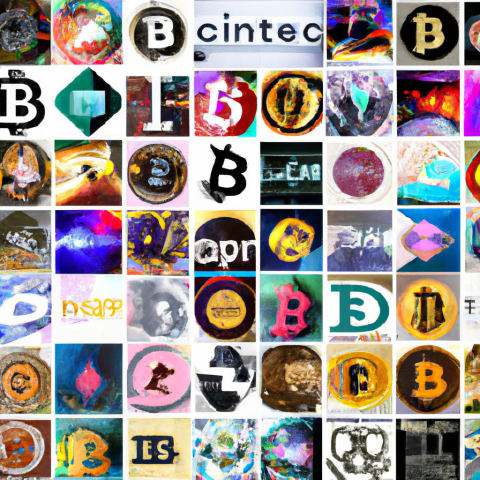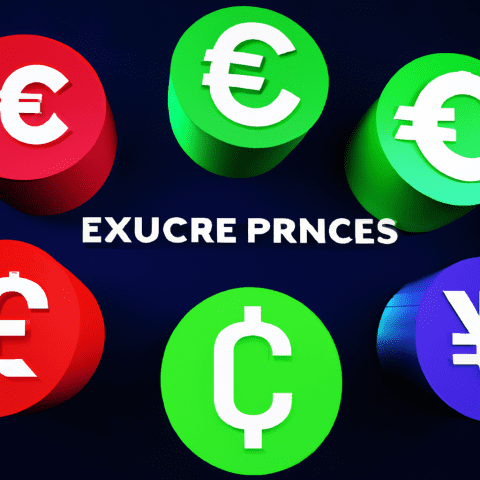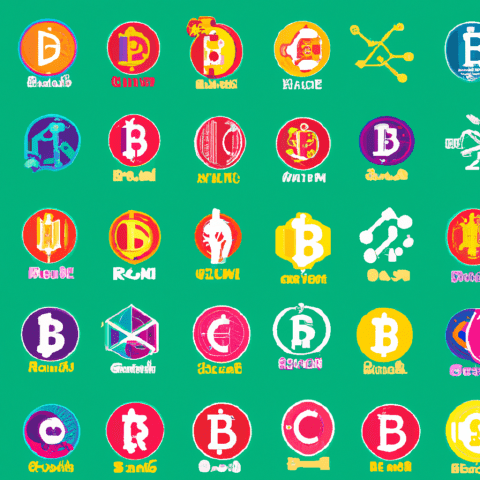In the rapidly evolving world of cryptocurrency, the importance of crypto exchanges cannot be overstated. From centralized platforms to decentralized DEXs, these exchanges play a crucial role in facilitating the buying and selling of digital assets. In this article, we will explore the differences between centralized and decentralized exchanges, highlight some of the top DEXs for crypto swaps and liquidity, provide a guide on how to buy and sell crypto on Ethereum DEXs, and navigate the Solana DEX landscape for swapping SOL tokens. Whether you are a seasoned trader or just getting started in the world of crypto, understanding the various exchange options available is essential for successful investing.
1. "Exploring the World of Crypto Exchanges: From Centralized Platforms to Decentralized DEXs"
The world of cryptocurrency exchanges is constantly evolving, offering investors a wide range of options to buy and sell digital assets. Centralized platforms have long been the go-to choice for many traders due to their user-friendly interfaces and high liquidity. These exchanges, such as Binance and Coinbase, act as intermediaries, matching buy and sell orders and holding users' funds in centralized wallets.
However, decentralized exchanges (DEXs) have been gaining popularity in recent years as proponents of decentralization and privacy seek alternatives to centralized platforms. DEXs operate on blockchain technology and allow users to trade directly with each other without the need for a middleman. This peer-to-peer model gives users more control over their funds and reduces the risk of hacking or security breaches.
Some of the top DEXs in the market include Uniswap, SushiSwap, and PancakeSwap, which are built on the Ethereum and Binance Smart Chain networks. These platforms offer users the ability to swap various cryptocurrencies without the need for a centralized authority. Additionally, DEXs provide users with greater privacy and security, as they do not require users to create accounts or provide personal information.
One of the key advantages of DEXs is their liquidity pools, which allow users to easily swap between different cryptocurrencies without the need for a centralized order book. This liquidity is provided by users who contribute their assets to the pool in exchange for trading fees. As a result, DEXs can offer competitive rates and faster transaction speeds compared to centralized exchanges.
In conclusion, the world of crypto exchanges offers a diverse range of options for traders looking to buy and sell digital assets. While centralized platforms remain popular for their ease of use and high liquidity, decentralized DEXs are gaining traction for their privacy and security features. Whether you prefer a traditional exchange or a DEX, there are plenty of options available to suit your trading needs.














